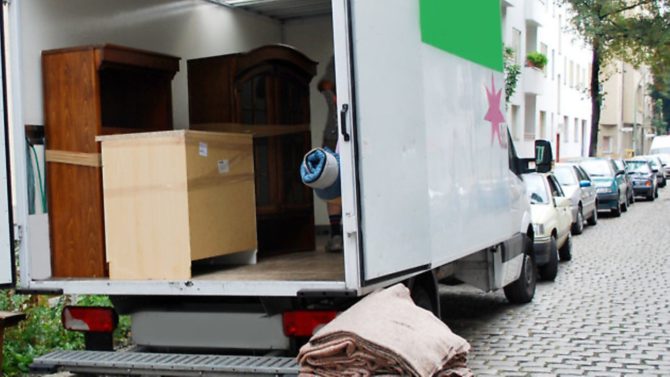Buying guide part 11: 7 questions about removals answered


With the keys to your new home safely in your hand it’s time to start packing up your belongings. Vicky Leigh considers the practicalities of a move to France
1. How soon should I contact a removals company?
It is better to get the ball rolling sooner rather later as this can help to prevent any last-minute problems. Try to contact international removals companies three to four months before your planned departure date.
2. How do I decide which company to use?
Personal recommendations are always a good starting point. Do you know someone who has used the services of a moving company and would they recommend them to you? If a personal recommendation isn’t possible, look for movers who are members of the Fédération Internationale des Déménageurs Internationaux (FIDI), and who are also members of the British Association of Removers (BAR) Overseas Group. You may prefer to contact a company in your local area, but don’t be put off by international movers who are based further away.
3. How many quotes should I get?
It’s a good idea to select three suitable companies and ask all of them to provide a quote for your move. This process usually involves an estimator coming to your house to work out volumes and packing requirements, and you’ll then be sent a written quote. They will also make sure that there will be no difficulties getting a lorry to your house in the UK and will want to know about the lie of the land in France so that any access issues can be planned for in advance. You can have your own container or share a groupage (part-load) with other customers, which can help to keep the costs down.
4. What about special items and electrical appliances?
If you are concerned about moving items such as pianos, plants, fine art, wine collections or antiques, discuss them with your remover well in advance. They will advise you and give you an idea in terms of cost. Appliances such as fridges, freezers, dishwashers and washing machines should be disconnected, emptied and cleaned ready for loading, and make sure you do not overfill any boxes.
5. Will my belongings be safe?
You can choose to do your own packing but it’s worth keeping in mind that your insurance does not cover items that you have packed yourself. All international movers have overseas-trained packers who will make sure that the standard of packing is the same throughout, and many companies offer insurance that covers the cost of the goods as well as the shipment. The estimator will discuss the packing with you to make sure the correct materials are used for your move.
6. When do I pay for the move?
It is standard practice for moves to be paid for prior to leaving the UK. Understandably, this can be a cause for concern for customers who may be worried about a company taking their money and then failing to deliver. However, all members of the BAR Overseas Group provide a financial guarantee through a bond, protecting customers and ensuring that their belongings are delivered, even if a problem arises and a member went out of business.
7. What else can I do to help the move run smoothly?
Make sure you warn your mover about any difficulties with access, such as small doorways or spiral staircases, so that they know what to expect when they arrive. Draw up a plan of your new home and mark on it where you want everything to go, and give the removals foreman a key so that if the lorry gets there before you do, there won’t be any hold-ups.
A plan will help you get organised more quickly once you arrive at your new French home and it will also mean that if you aren’t there to direct proceedings, the removals team will still be able to get on with their job.
On the day itself, make sure you have a kettle, with a French plug or a continental adaptor, mugs, tea bags, milk and sugar in an easily accessible box, so that once you are safely installed you can all sit down and raise a well-earned cup of tea (or glass of wine) to your new life in France.
Share to: Facebook Twitter LinkedIn Email


